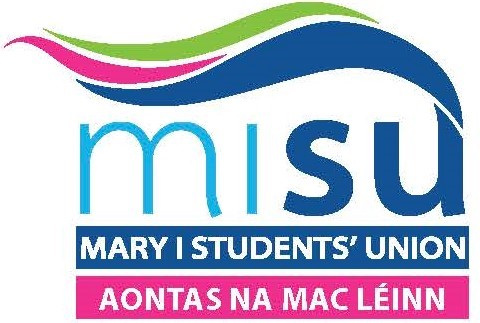
It’s important to get a grip on spending and find out what works for you when it comes to managing your money. The cost of college can add up quickly, so we’ve gathered as much advice as we could to guide you.
1. Prioritise
You’re new to college, you may have more freedom than you’ve ever had before and maybe this is the first time you’ve had a real sense of financial independence, which is why you need to think before you spend! In the wise words of Ron Weasley...

Set an amount that you can afford to spend a week. Ask yourself – Have I enough money for food for the week? How much do I need to get home at the weekend? Do I need to buy anything for college this week? How much should I keep for emergencies (a sale in River Island doesn’t count!!). When you have this sorted, THEN you’ll know what you have for treats, nights out and the other non-essentials. It’s all about balance!
*Top tip: Re evaluate all purchases three times. And then again! - ECCE student.
2. Keep track of costs
It may seem a bit extra but keep track of your spending as much as possible. Apps can be your best friend for this. We’d recommend Spending Tracker, Money Lover and Splitwise is good for any bills you need to split among a house/with roommates. Bonus: they’re all free!
3. Find the student discounts
Join Unidays where you can get discount codes, use your student card in shops where they have student discounts. There really is a multitude of student deals out there! An Siopa, the shop on campus, has food and college supplies at student friendly prices. Top tip: For Microsoft packages (Word, Powerpoint, Excel etc), you get them free through your Student email online (Outlook).
4. Leave your bank card at home on a night out
Take enough money with you to cover your food or drink, entry in to clubs and taxis there and home. By leaving your bank card at home, you can resist the temptation to dip in for more money that you haven’t budgeted for. Plus it’s a hassle to cancel and replace if you lose it!
5. Shop around and find the deals
When we asked current MIC students for their advice on budgeting, so many of them said to plan your food shop, make a list and stick with Lidl or Aldi. It’s cheaper, you get more for your money plus Lidl is the closest to campus.
6. Stay out of your overdraft
Seriously, it may be tempting but it’s money you don’t have and you will need to pay it back! Spending money that isn’t yours is a really bad habit to get in to and it’s much easier in the long run to budget than overspend.
7. Budget for placements
Some courses have placement in first year and expenses can be something students don’t expect. You’ll be told in your induction lectures when you’ll be on placement and our advice is to PLAN. As one B.Ed student recommends ‘put money aside from the get go as the cost of placement really does add up. Bulk buying in groups and sharing with others in your course or from the years above and below can cut the cost’. Wise words!
8. Know where you can go for help
If you are struggling to manage your spending, talk to someone. Drop in to the SU, talk to a Sabbat, or a friend or family member to get some advice and guidance.
There are also funds and assistance for MIC students if you need them. There is a Student Assistance Fund which is allocated by the Access Office in the college.
There are also an Emergency Welfare Fund available to students that is managed by the Access Office and MISU. Drop in to us or the Access Office to find out more.
Then there is the Food and Essentials Hub in the SU. This is free to all students. It has non-perishable breakfast, lunch and dinner items as well as hygiene products and college essentials. Don’t be stuck, drop in to us and we’ll get you sorted.

